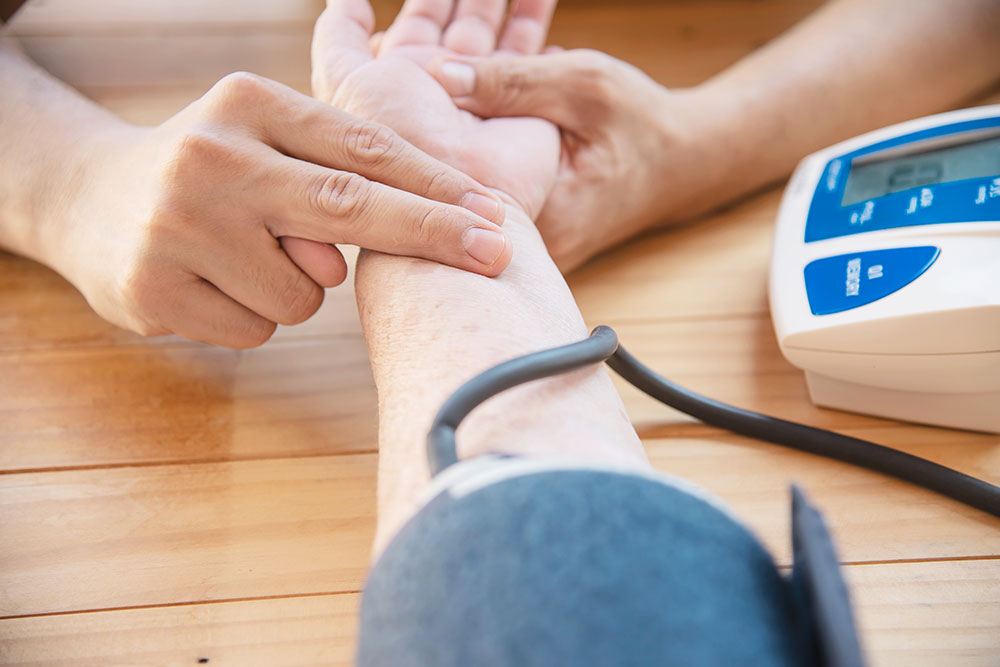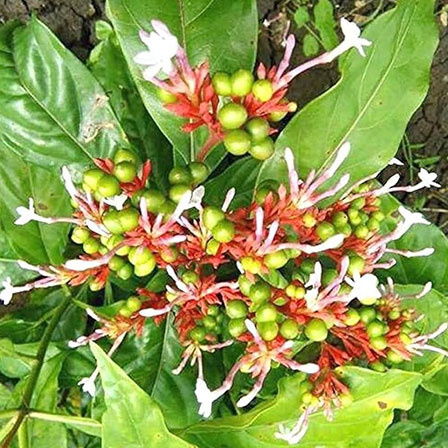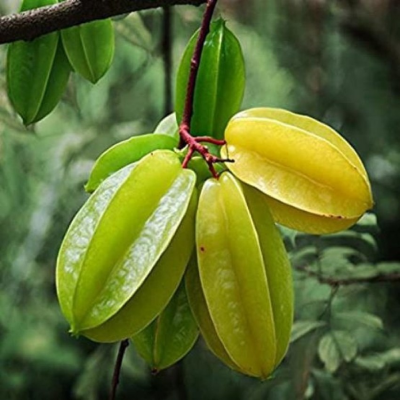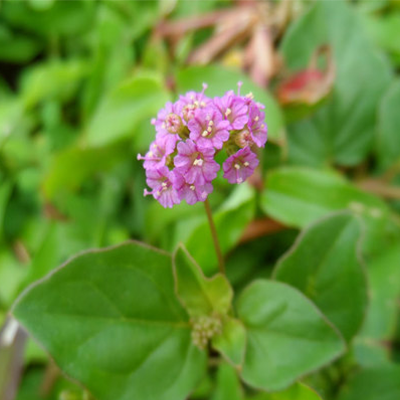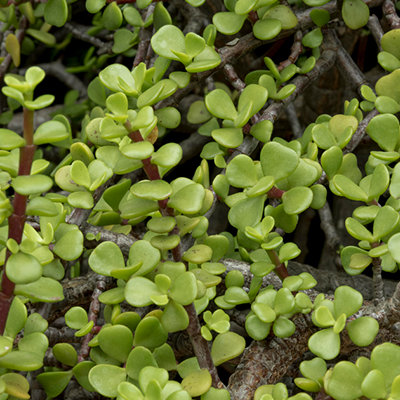Hypertension, commonly known as high blood pressure, is a condition where the force of blood against the walls of the arteries remains persistently elevated. Blood pressure is measured in two numbers:
- Systolic Pressure: The pressure when the heart beats (top number).
- Diastolic Pressure: The pressure when the heart rests between beats (bottom number).
Normal blood pressure is generally around 120/80 mmHg. Hypertension is diagnosed when readings are consistently 140/90 mmHg or higher. It’s often called a "silent killer" because it can cause significant damage without noticeable symptoms.
What Actually Happens in Hypertension?
Blood vessels narrow or become less elastic, increasing resistance to blood flow. The heart has to pump harder to circulate blood through the body. Over time, this strain can damage the heart, arteries, and other organs. High pressure may cause micro-tears in artery walls, leading to plaque build-up (atherosclerosis). Persistent high pressure reduces oxygen and nutrient delivery to organs like the brain, kidneys, and eyes, impairing their function.
Risks and Complications of Hypertension
If unmanaged, hypertension can lead to severe health problems, including:
1. Cardiovascular Diseases:
- Heart attacks due to blocked arteries.
- Heart failure caused by the heart overworking to pump blood.
2. Stroke:
- High pressure can cause blood vessels in the brain to burst (haemorrhagic stroke) or become blocked (ischemic stroke).
3. Kidney Damage:
- Hypertension can damage small blood vessels in the kidneys, impairing their ability to filter waste (chronic kidney disease).
4. Eye Damage:
- Retinopathy, or damage to blood vessels in the eyes, can lead to vision loss.
5. Aneurysm:
- Persistent pressure can cause arteries to bulge and rupture, leading to life-threatening complications.
6. Cognitive Decline:
- Hypertension increases the risk of dementia and memory loss.
Ayurvedic Perspective on Hypertension
In Ayurveda, hypertension is not described as a single disease but is understood through imbalances in the Doshas (Vata, Pitta, and Kapha) and Rasa-Rakta Dhatus (blood and plasma tissues). Hypertension is referred to as Rakta Chapa Vriddhi, which translates to increased blood pressure.
Causes (Nidana)
- Poor Diet: Excessive salty, spicy, or oily foods.
- Stress: Mental strain aggravates Vata and Pitta.
- Lifestyle: Sedentary habits and lack of exercise aggravate Kapha.
- Toxins (Ama): Impaired digestion leads to the accumulation of toxins, affecting blood quality and flow.
Symptoms (Lakshana)
- Headache (Shirah Shoola).
- Dizziness (Bhrama).
- Palpitations or anxiety.
- Tiredness or fatigue.
- Nosebleeds or blurred vision in severe cases.
Ayurvedic Treatment for Hypertension
Ayurveda adopts a holistic approach, addressing both the symptoms and root causes of hypertension. Treatment includes diet, lifestyle changes, herbal medicines, and stress management.
Panchakarma Therapy
- Virechana (Purgation): Clears toxins and balances Pitta.
- Shirodhara: Continuous pouring of medicated liquids on the forehead to calm the mind and relieve stress.
- Abhyanga (Oil Massage): Improves circulation and relaxes the body.
Dietary Guidelines
Foods to Include:
- Fresh fruits (pomegranate, grapes, and apples).
- Leafy greens, whole grains, and low-sodium foods.
- Herbal teas like coriander or fennel.
Foods to Avoid:
- Salty, spicy, and fried foods.
- Excessive caffeine or alcohol.
Lifestyle Modifications
- Exercise: Moderate physical activities like yoga, walking, or swimming.
- Stress Management: Practice Pranayama (breathing exercises) like Nadi Shodhana or Anulom Vilom. Meditation to calm the mind and balance Doshas. Sleep: Ensure 7–8 hours of restful sleep.
- Yoga and Meditation : Shavasana (Corpse Pose), Balasana (Child’s Pose), and Viparita Karani (Legs-Up-the-Wall Pose)
Mantra Chanting: Repeating calming sounds or words to relax the mind.
Herbal Medicines
Sarpagandha (Rauwolfia serpentina):
Traditionally used for lowering blood pressure.
Arjuna (Terminalia arjuna):
Strengthens the heart and improves circulation.
Punarnava (Boerhavia diffusa):
Diuretic properties help reduce fluid overload and pressure.
Ashwagandha (Withania somnifera):
Reduces stress and balances Vata.
Brahmi (Bacopa monnieri):
Calms the mind and lowers anxiety-related hypertension.
Hypertension is a manageable condition with serious long-term risks if left untreated. While modern medicine uses drugs to control blood pressure, Ayurveda emphasizes natural healing by addressing the root causes through dietary changes, stress management, and herbal remedies. Combining these approaches can lead to better blood pressure control and overall well-being.


